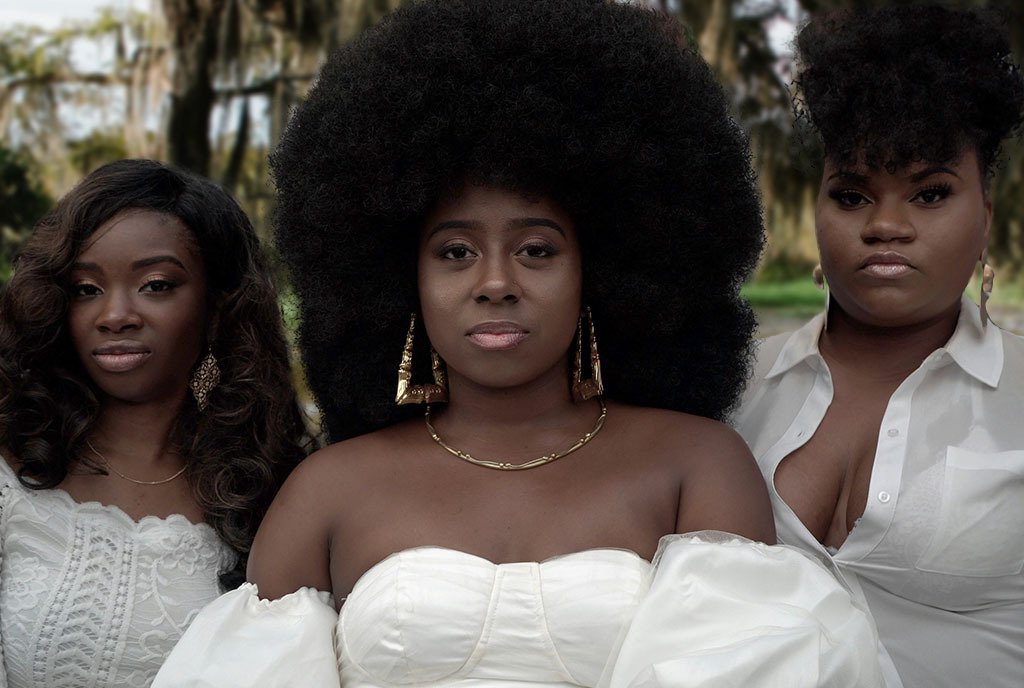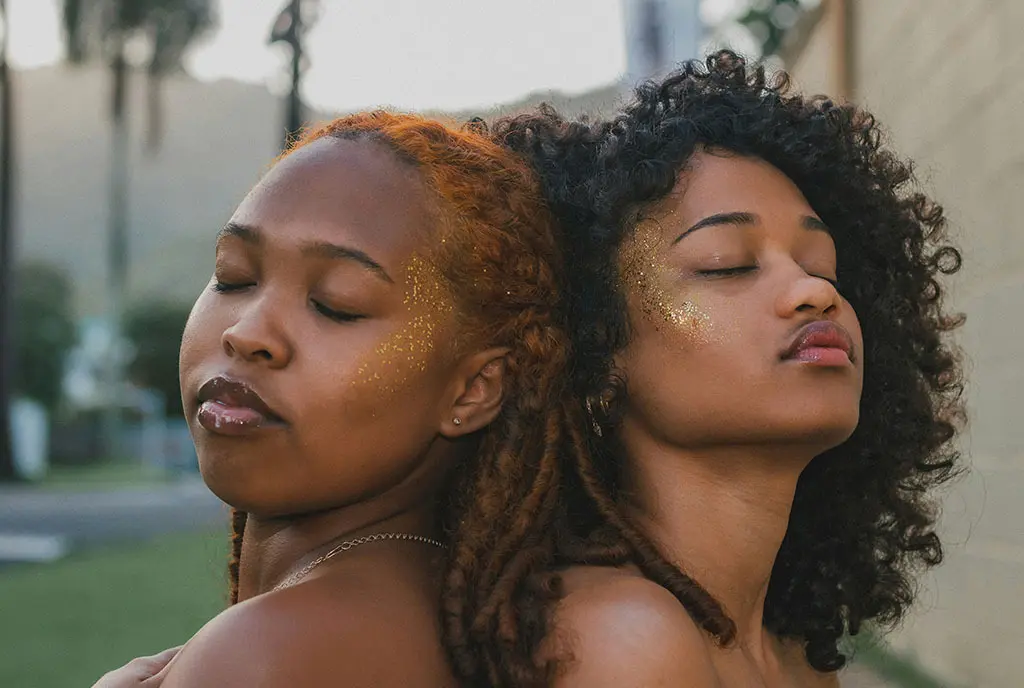
The South is often depicted as a backward place—where reproductive and civil rights are restricted and White supremacy prevails. But this narrative erases the fact that the story of the South—the Blackest region in the country—is also a story of community, self-determination, and a people who strived to be seen even as they combated attempts to render them invisible. In recent years, Black women who understand on both personal and political levels what it feels like to be erased have worked to reclaim space in the South in public ways.
In reclaiming spaces, Black women are helping to amplify stories that might otherwise go untold. Many Black women feel a personal responsibility to amplify these stories.
People all over the world witnessed how Beyoncé, a Black woman who was born and raised in Texas, asserted that Black people have always had a rightful place in country music, even though that history has largely been erased or ignored. As she noted in an Instagram post, she created her most recent album, Cowboy Carter, to reclaim this history. She began working on the album after feeling excluded in the country music space.
Releasing the album was her way of taking up space, and in doing so, she inspired many new country listeners to go back and learn about people like Alice Randall—the first Black woman to write a chart-topping country song. Cowboy Carter also introduced many to newer country artists like Tanner Adell, Tiera Kennedy, Reyna Roberts, and Brittney Spencer, who are all featured on Beyoncé’s cover of the Beatles song, “Blackbird.” Through this cover of the song, many even learned that when Paul McCartney wrote it in the 1960s, he was inspired by the story of the Little Rock Nine.
Black history has shaped and inspired the culture and broader society in many ways. In reclaiming spaces, Black women are helping to amplify stories that might otherwise go untold—and many Black women feel a personal responsibility to do so.
A Refusal to Be Excluded or Silenced
Such is the case of Michelle Browder, an Alabama-based artist and activist. As a high school student, Browder was haunted by a painting of an enslaved woman sitting on a makeshift medical table while three White men surround her as they prepare to experiment on her body. In the background, two other Black women loom behind a curtain.
The [Mothers of Gynecology] project ensures that anytime someone mentions the history of gynecology, they will have to acknowledge the sacrifices of Black women.
One of the White men depicted in the painting, J. Marion Sims, has been heralded as the father of gynecology. He created the speculum and surgical techniques that are still used today—but it was at the expense of the Black women whom he experimented on: Anarcha, Betsey, Lucy, and others whose names were not documented. These women had no access to anesthesia and did not have the ability to consent. Anarcha, who was only 17 the first time Sims operated on her, endured at least 30 surgical experimentations during her lifetime.
Sign up for our free newsletters
Subscribe to NPQ's newsletters to have our top stories delivered directly to your inbox.
By signing up, you agree to our privacy policy and terms of use, and to receive messages from NPQ and our partners.
Through much of her work, Browder has strived to honor these women. In 2021, not far from where Sims once experimented on enslaved Black women, Browder erected a monument entitled “Mothers of Gynecology” in their honor. The monuments depicting Anarcha, Betsey, and Lucy were made from discarded metal objects that were contributed by the public to symbolize how Black women have been discarded throughout history. Browder also wanted to symbolize that beauty is often found in the broken and discarded.
In 2022 Browder purchased the very site where Sims had once conducted his experiments and is working to turn it into a $5.5 million museum, clinic, and training space for medical students, gynecologists, doulas, and midwives. The project ensures that anytime someone mentions the history of gynecology, they will have to acknowledge the sacrifices of Black women. Perhaps more importantly, her work will help to alleviate the disparate reproductive health outcomes that Black women in Southern states continue to endure. “Never again will we allow Black girls and women to be dismissed, marginalized, and erased from History. We just won’t stand for it,” Browder told NPQ.
When Black women reclaim space, they don’t just do it for themselves. They do it to open doors for others.
Meanwhile, twin sisters Jo and Joy Banner have also been working to reclaim space in Louisiana. The sisters are the founders of the Descendants Project, which defines itself as “an emerging organization committed to the intergenerational healing and flourishing of the Black descendant community in Louisiana river parishes.” Both sisters have been deeply involved in the fight against big industry in Louisiana’s “Cancer Alley.” Most recently, the sisters acquired the Woodland Plantation in LaPlace, LA—the site of the largest slave revolt in United States history.
The story of the slave revolt has been largely untold, but in purchasing the land, the Banner sisters hope to preserve the history and uphold the spirit of resistance. They plan to use the site as a place for community members to get genealogy resources and engage in conversations around issues like environmental justice.
In an interview with TheGrio, Jo described how significant it is for the sisters to now hold ownership of the land, given its painful history: “Knowing that home’s history and everything that happened, that our names are going to be put in the paperwork of this home, that you’re going to see it going all the way from the 1700s and white ownership and all of a sudden that they got more melanin on that title history, we’re already seeing how impactful that this is for us to just be in this space just as Black women.”
These are just a few stories of Black women reclaiming space in the South—stories that show that Black women in the South have something to say and refuse to be excluded or silenced. They show that when Black women reclaim space, they don’t just do it for themselves. They do it to open doors for others. They bring their ancestors with them and their descendants who are yet to be born.












